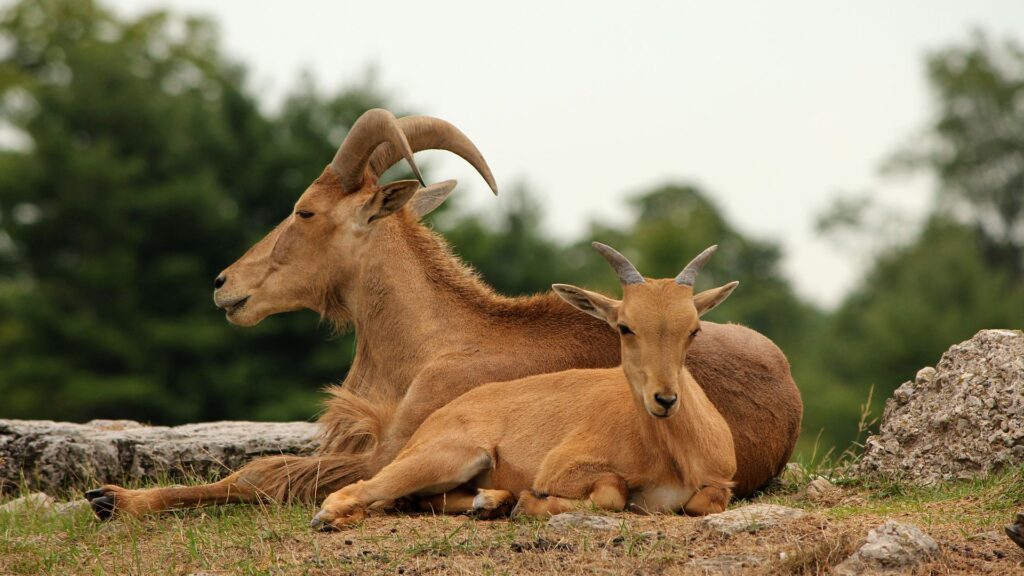Sokoto is a state located in northwestern Nigeria, known for its rich history and cultural heritage. The state is named after its capital city, Sokoto, which is one of the oldest cities in Nigeria and holds great significance in the history of the country.
Sokoto is a predominantly Muslim state, with a majority of its population practicing the Islamic faith. The state is known for its beautiful mosques, such as the Sultan's Palace and the Sokoto Central Mosque, which are important religious and cultural landmarks in the region.
Sokoto is also known for its vibrant traditional music and dance, with the annual Argungu Fishing Festival being a highlight of the state's cultural calendar. The festival attracts tourists from all over the world who come to witness the traditional fishing competition and other cultural events.
In addition to its cultural heritage, Sokoto is also known for its rich agricultural resources. The state is known for producing crops such as millet, maize, and sorghum, as well as livestock such as cattle and sheep. The state also has a thriving leather industry, with many tanneries producing high-quality leather products.
Overall, Sokoto is a state with a rich history, vibrant culture, and abundant natural resources. It is a place where tradition meets modernity, and where visitors can experience the unique blend of past and present that defines this region of Nigeria.
What to explore:
1. Sultan of Sokoto's Palace: The Sultan of Sokoto is the traditional and spiritual leader of the Sokoto Caliphate, one of the oldest Islamic states in Nigeria. Visitors can tour the Sultan's impressive palace, which is a symbol of the city's rich history and culture.
2. Usmanu Danfodiyo University: This prestigious university is named after the founder of the Sokoto Caliphate and is one of the leading institutions of higher learning in Nigeria. Visitors can explore the campus and learn about the academic and cultural offerings of the university.
3. Sokoto Central Market: This bustling market is a great place to experience the local culture and shop for traditional wares, handicrafts, and souvenirs. Visitors can also sample delicious local cuisine and interact with the friendly vendors.
4. Sokoto Museum: This small museum showcases the history and cultural heritage of Sokoto State, including artifacts, traditional clothing, and historical documents. Visitors can learn about the region's rich history and traditions through the museum's exhibits.
5. Waziri Junaidu History and Culture Museum: Named after a prominent historian and traditional leader, this museum offers a glimpse into the history, culture, and traditions of the Sokoto people. Visitors can explore various artifacts, artworks, and historical objects that highlight the city's heritage.
6. Shehu Shagari Complex: This complex is dedicated to the memory of the late President Shehu Shagari, who hailed from Sokoto State. Visitors can learn about his life and political career through exhibits and displays at the complex.
7. Sokoto City Walls: The ancient walls of Sokoto are a UNESCO World Heritage Site and offer a fascinating glimpse into the city's rich history. Visitors can explore the well-preserved walls and learn about their significance in protecting the city from invasions centuries ago.
